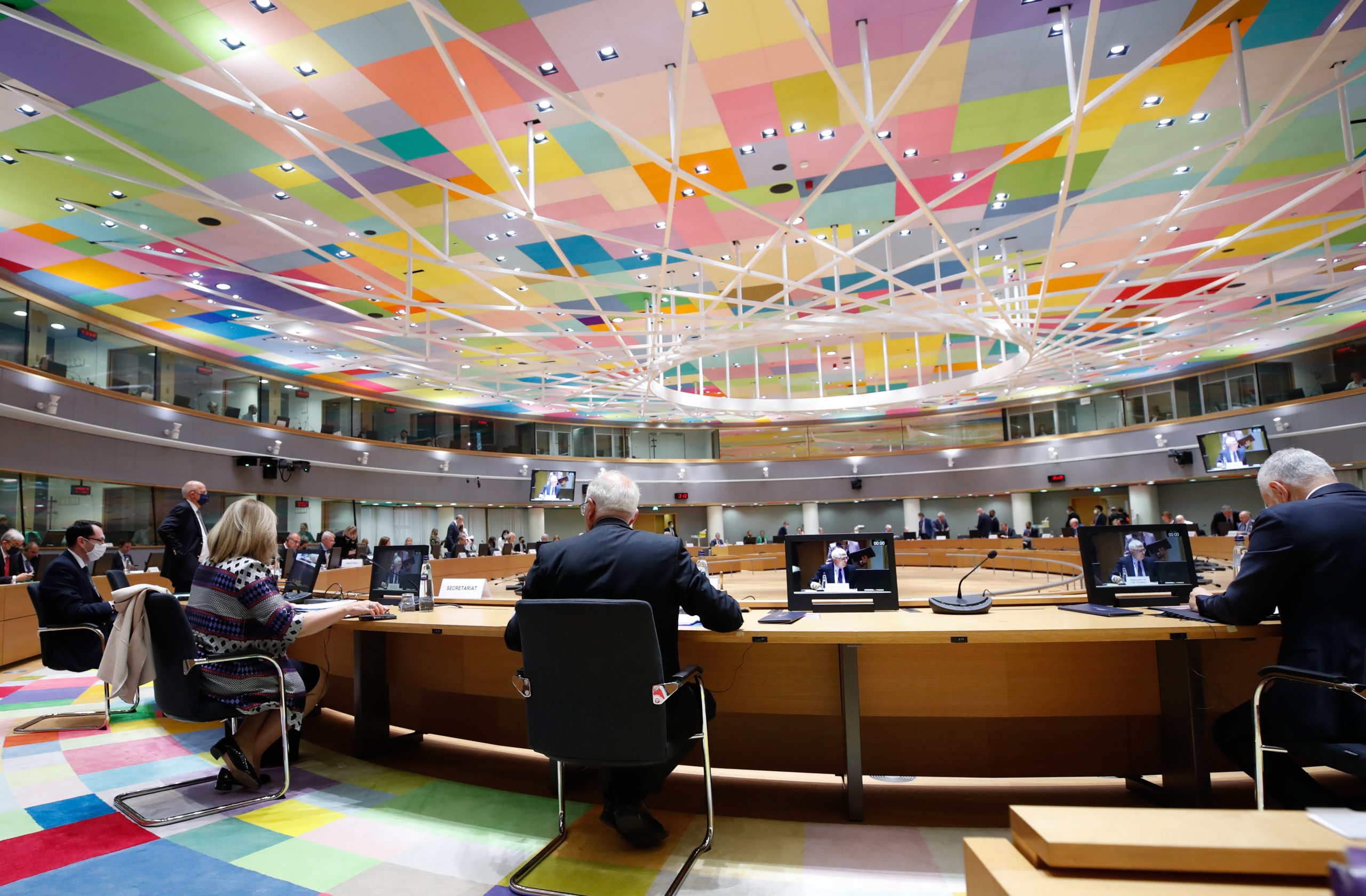Geopolitical and geoeconomic changes have an impact on domestic politics in European countries at an increasing pace, with implications for their foreign policy priorities and international cooperation choices. In an environment of poly- and permacrisis, European foreign policy struggles to respond. European development cooperation, increasingly presented as mutually beneficial and linked to European interests, is at a crossroads too.
We wanted to understand the drivers of these changes and approached 14 senior officials in Europe – speaking on a non-attributional basis – to get some answers. We also challenged them to share their perceptions of how the framing of international cooperation has been evolving, how their institutions are coping, how they think changes are being perceived by partners and what opportunities exist in this new agenda and environment. This first brief of a two-part series is the result of those off-the-record interviews, which led us to identify seven key factors influencing Europe’s international cooperation.
2024 is a pivotal year for the leadership of the EU and its member states, with many opportunities for European and global change. In the second part of this series, we will look at ways forward for Europe’s international cooperation. What clearly came out of our conversations with European senior officials is that Europe’s evolving international cooperation agenda presents both challenges and opportunities – and that there is still time for seizing the latter.
About the Authors
Andrew Sherriff is the associate director of institutional relations and partnerships at ECDPM. He is also a member of the management team.
Pauline Veron is a policy officer working in ECDPM’s European foreign and development policy, migration and mobility and peace, security and resilience teams.


